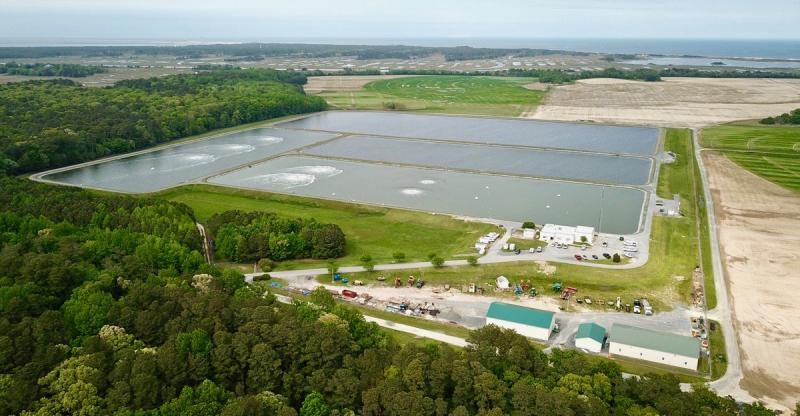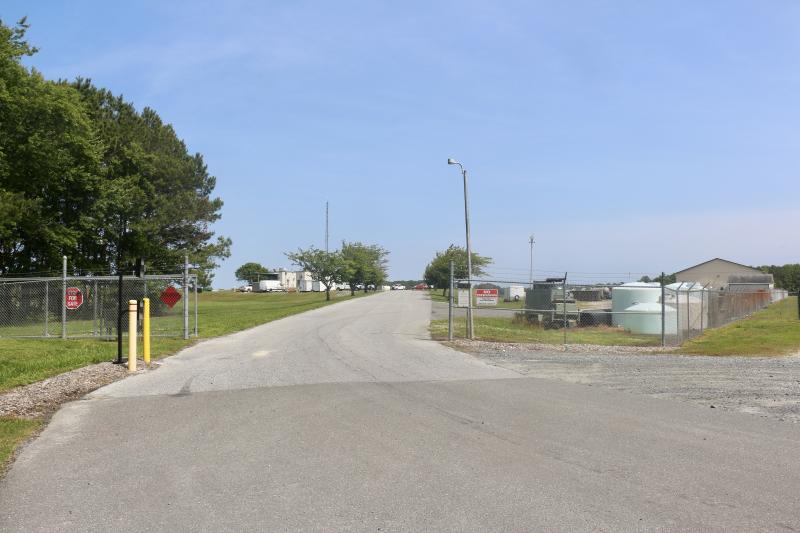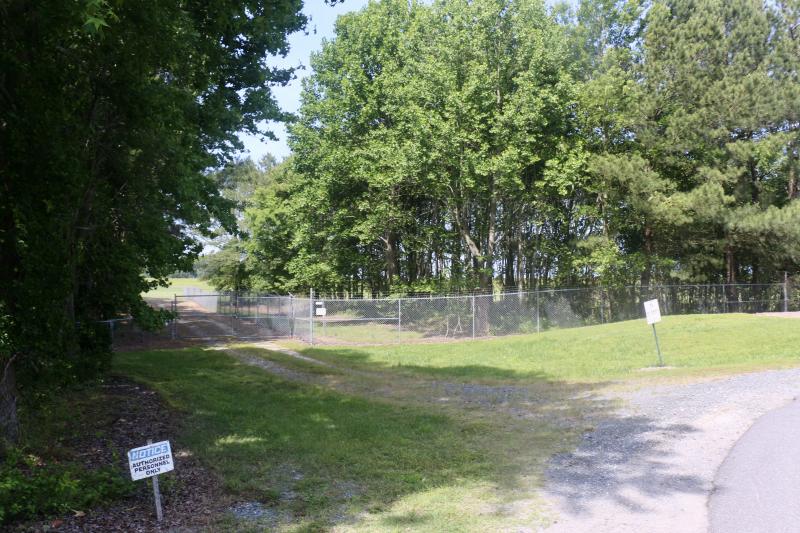Lewes BPW negotiating partnership with Sussex County
Lewes Board of Public Works officials are negotiating the future of wastewater treatment in Lewes with Sussex County.
BPW President Tom Panetta said that barring a breakdown in negotiations with the county, future treatment of Lewes wastewater will be performed by the county.
“Right now we’re putting concepts on paper for the agreement,” Panetta said.
Panetta added that unless something major were to crop up, BPW would no longer spend additional money on hardening the existing plant on American Legion Road or construct a new one. The impact on ratepayers was cited as a major reason for exploring the county option.
A partnership with Sussex County can play out in two different ways. Both methods involve transferring raw wastewater from an upgraded Lewes collection network to a new combined treatment facility at the county’s Wolfe Neck site.
One option is for treated wastewater to flow from Wolfe Neck back to Lewes and out of the existing, but relocated, outfall in the Lewes-Rehoboth Canal. The other method is contingent on finding a suitable site for a constructed wetland, which would also lead treated effluent into the canal at the Wolfe Neck site. Both designs call for the existing Howard H. Seymour Water Reclamation Plant to be decommissioned.
The BPW and Sussex County are in the early stages of negotiating and are working to identify the framework and draft an agreement. The handshake point would be on Gills Neck Road at the intersection of Rodaline Avenue.
Lewes would be responsible for funding a raw wastewater pump station and force main from the station to the boundary. Sussex County would pay for a new combined wastewater treatment facility and a raw wastewater force main from the Lewes boundary to the Wolfe Neck site. If the two entities choose to send treated effluent back to Lewes, Sussex County would need to fund a treated effluent pump station, the relocation of the outfall across the canal, and a treated effluent force main from Wolfe Neck to the relocated outfall.
Prior to BPW’s May workshop, some BPW officials toured the Wolfe Neck facility with Sussex County Engineer Hans Medlarz.
“It is breathtaking back there,” said BPW Assistant General Manager Robin Davis. “You would never know a wastewater treatment plant exists.”
Medlarz told officials the issue of sea-level rise could shut down some of the spray irrigation fields at the site in the future, but it likely wouldn’t be a big deal. BPW Vice President Earl Webb said it was incredible to see how big the operation was and the different irrigations at the site. There are improvements planned in the future, but they need state authorization.
“That facility is now going to have trees on it, and not just evergreens, but deciduous as well,” Webb said. “There’s going to be a walking path put back there too.”
During the May 17 meeting, officials said they had met and discussed long-range plans with other Delaware municipalities with similar wastewater treatment agreements. It gave them the opportunity to understand any lessons learned.
During the workshop, estimates of the financial impact were presented and explained. Recently re-elected board member D. Preston Lee said while they have produced numbers, there is a likelihood those numbers will not be what is eventually billed given the current financial environment.
“We’re in the conceptual stage, not even in the planning stage. We’re trying to give [the public] an order of magnitude more than anything,” Lee said.
The impact totals illustrate how much those options would cost ratepayers on the sewer side. Rate impacts for the Sussex County partnership were also included. The current rate total for a 4,000-gallon water usage bill for sewage is $77.49 per month.
Hardening the plant would increase rates by 40% to 55% to pay off debt service for upgrades and ongoing operation and maintenance. The range of rates for the hardening option would have customers paying $108.50 to $120.11 per month.
Relocating the plant would see ratepayers hit with bills 230% to 420% higher than existing bills. BPW would be in debt for headworks upgrades, a new plant and, depending on the plan chosen, spray irrigation, piping and a new ocean outfall. Operations and maintenance costs would be lower. If spray irrigation had been selected, there would be additional costs to upgrade the current collection system. Customers would see bills increase by $256.72 to $402.96.
By choosing the county partnership, BPW officials have opted for a lower financial impact of up to 15% more than current bills. Working with the county requires the lowest capital investment, headworks debt, and cost of operations and maintenance.
Public comment is open until the end of business Friday, June 2.
Aaron Mushrush joined the sports team in Summer 2023 to help cover the emerging youth athletics scene in the Cape Region. After lettering in soccer and lacrosse at Sussex Tech, he played lacrosse at Division III Eastern University in St. David's, PA. Aaron coached lacrosse at Sussex Tech in 2009 and 2011. Post-collegiately, Mush played in the Eastern Shore Summer Lacrosse League for Blue Bird Tavern and Saltwater Lacrosse. He competed in several tournaments for the Shamrocks Lacrosse Club, which blossomed into the Maryland Lacrosse League (MDLL). Aaron interned at the Coastal Point before becoming assistant director at WMDT-TV 47 ABC in 2017 and eventually assignment editor in 2018.


























































